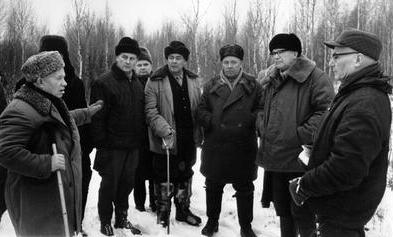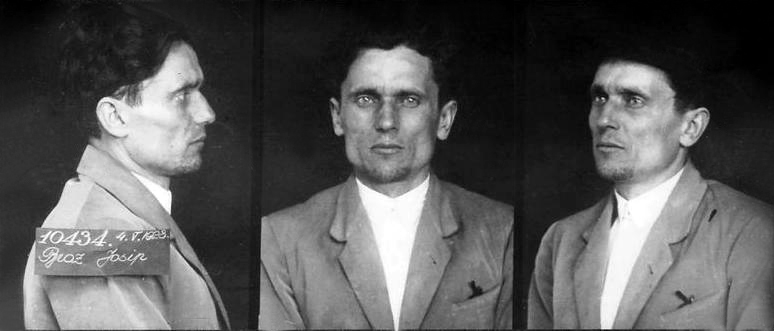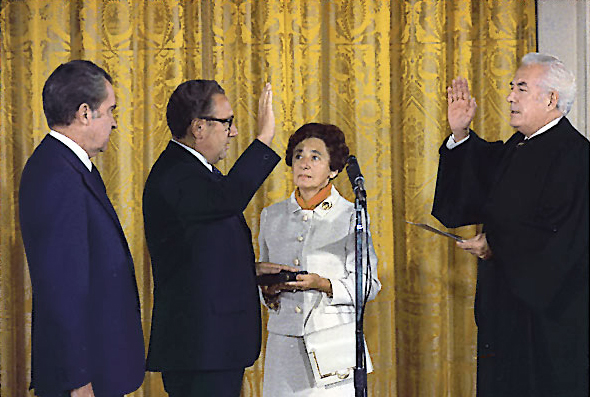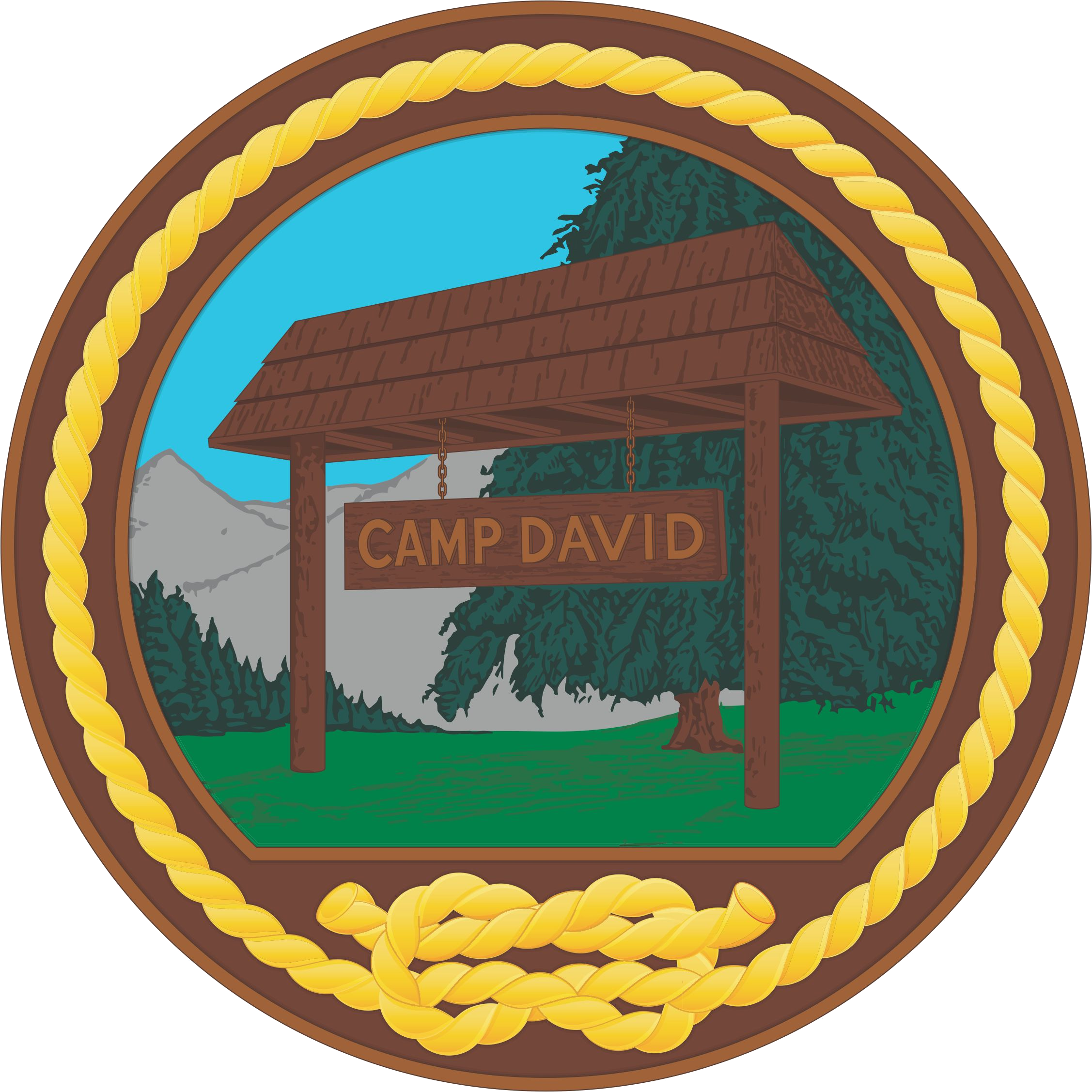|
Rus' State Residence
Rus' State Residence () (also known as ''Zavidovo'' () after the Zavidovo, nearby settlement) is a state residence of the President of Russia, President of the Russian Federation, located near the village of Kozlovo, Konakovsky District, Tver Oblast, Kozlovo in the Konakovsky District of Tver Oblast, on the territory of the Zavidovo National Park. image:Dmitry Medvedev 12 July 2008-1.jpg, 200px, President Medvedev with factions' leaders of the State Duma The Rus' residence is included in the Zavidovo State Complex of the Federal Security Service. The complex includes both the residence itself and the national park in which it is located - all 125 thousand hectares. The main building (two floors, with a fireplace and oak furniture) is located on the outskirts of the village of Kozlovo. Nearby there is a guest house, a hunting ground, and two lakes for fishing. image:RIAN archive 172842 The president meets United Russia representatives.jpg, 200px, President Putin with the representa ... [...More Info...] [...Related Items...] OR: [Wikipedia] [Google] [Baidu] |
Tver Oblast
Tver Oblast (, ) is a federal subject of Russia (an oblast). Its administrative center is the city of Tver. From 1935 to 1990, it was known as Kalinin Oblast (). Population: Tver Oblast is a region of lakes, such as Seliger and Brosno. Much of the remaining area is occupied by the Valdai Hills, where the Volga, the Western Dvina, and the Dnieper have their source. Tver Oblast is one of the tourist regions of Russia with a modern tourist infrastructure. There are also many historic towns: Torzhok, Toropets, Zubtsov, Kashin, Vyshny Volochyok, and Kalyazin. The oldest of these is Rzhev, primarily known for the Battles of Rzhev in World War II. Staritsa was the seat of the last appanage principality in Russia. Ostashkov is a major tourist center. Geography Tver Oblast is located in the west of the middle part of the East European Plain. It stretches for 260 km from north to south and 450 km from west to east. The area borders Yaroslavl Oblast in the east, ... [...More Info...] [...Related Items...] OR: [Wikipedia] [Google] [Baidu] |
Soviet Union
The Union of Soviet Socialist Republics. (USSR), commonly known as the Soviet Union, was a List of former transcontinental countries#Since 1700, transcontinental country that spanned much of Eurasia from 1922 until Dissolution of the Soviet Union, it dissolved in 1991. During its existence, it was the list of countries and dependencies by area, largest country by area, extending across Time in Russia, eleven time zones and sharing Geography of the Soviet Union#Borders and neighbors, borders with twelve countries, and the List of countries and dependencies by population, third-most populous country. An overall successor to the Russian Empire, it was nominally organized as a federal union of Republics of the Soviet Union, national republics, the largest and most populous of which was the Russian SFSR. In practice, Government of the Soviet Union, its government and Economy of the Soviet Union, economy were Soviet-type economic planning, highly centralized. As a one-party state go ... [...More Info...] [...Related Items...] OR: [Wikipedia] [Google] [Baidu] |
Buildings And Structures In Tver Oblast
A building or edifice is an enclosed structure with a roof, walls and windows, usually standing permanently in one place, such as a house or factory. Buildings come in a variety of sizes, shapes, and functions, and have been adapted throughout history for numerous factors, from building materials available, to weather conditions, land prices, ground conditions, specific uses, prestige, and aesthetic reasons. To better understand the concept, see ''Nonbuilding structure'' for contrast. Buildings serve several societal needs – occupancy, primarily as shelter from weather, security, living space, privacy, to store belongings, and to comfortably live and work. A building as a shelter represents a physical separation of the human habitat (a place of comfort and safety) from the ''outside'' (a place that may be harsh and harmful at times). buildings have been objects or canvasses of much artistic expression. In recent years, interest in sustainable planning and building practi ... [...More Info...] [...Related Items...] OR: [Wikipedia] [Google] [Baidu] |
Official Residences In Russia
An official is someone who holds an office (function or mandate, regardless of whether it carries an actual working space with it) in an organization or government and participates in the exercise of authority (either their own or that of their superior or employer, public or legally private). An elected official is a person who is an official by virtue of an election. Officials may also be appointed ''ex officio'' (by virtue of another office, often in a specified capacity, such as presiding, advisory, secretary). Some official positions may be inherited. A person who currently holds an office is referred to as an incumbent. Something "official" refers to something endowed with governmental or other authoritative recognition or mandate, as in official language, official gazette, or official scorer. Etymology The word ''official'' as a noun has been recorded since the Middle English period, first seen in 1314. It comes from the Old French ' (12th century), from the Latin">-4; ... [...More Info...] [...Related Items...] OR: [Wikipedia] [Google] [Baidu] |
State Council (Russia)
The State Council () is an advisory body to the Russian head of state, which deals with issues of the highest importance to the state as a whole. The council was established by a decree of the President of Russia, Vladimir Putin, on September 1, 2000. History The current State Council is the third in the history of Russia. It is the successor to the State Council under the President of the RSFSR (1991) and the Imperial State Council (1810–1917). The President signed the decree forming the State Council on the basis of articles 80 and 85 of the Constitution and the newly passed Federal Law “On the Procedure for Forming the Federation Council of the Federal Assembly of the Russian Federation.” The President formed the State Council in order to harness the potential of regional leaders. In doing so, he took into account the requests and proposals of the Federation Council, the upper house of the Russian parliament members and State Duma The State Duma is the lo ... [...More Info...] [...Related Items...] OR: [Wikipedia] [Google] [Baidu] |
Decree Of The President Of Russia
A Decree of the President of the Russian Federation (; ''Ukaz Prezidenta Rossiyskoy Federatsii'') or Executive Order (Decree) of the President of Russia is a legal act (''ukase'') with the status of a by-law made by the President of Russia. As normative legal acts, such have the status of by-laws in the hierarchy of legal acts (along with Decrees of the Government of the Russian Federation and instructions and directions of other officials). Presidential decrees may not alter existing laws of higher precedence – the Constitution of Russia, Federal Constitutional Laws, Federal Laws and laws of Russian regions and, till the 2020 Russian constitutional referendum, Russia's international agreements, which now however stand in lower precedence than Presidential Decrees or any other Russian state law or obligation – and may be superseded by any of these laws. History In 1992 and 1993 a constant war between President Yeltsin and the Russian parliament became known as "war of laws ... [...More Info...] [...Related Items...] OR: [Wikipedia] [Google] [Baidu] |
Boris Yeltsin
Boris Nikolayevich Yeltsin (1 February 1931 – 23 April 2007) was a Soviet and Russian politician and statesman who served as President of Russia from 1991 to 1999. He was a member of the Communist Party of the Soviet Union (CPSU) from 1961 to 1990. He later stood as a Independent politician, political independent, during which time he was viewed as being ideologically aligned with Liberalism in Russia, liberalism. Yeltsin was born in Butka, Russia, Butka, Ural Oblast (1923–1934), Ural Oblast. He would grow up in Kazan and Berezniki. He worked in construction after studying at the Ural State Technical University. After joining the Communist Party, he rose through its ranks, and in 1976, he became First Secretary of the party's Sverdlovsk Oblast committee. Yeltsin was initially a supporter of the ''perestroika'' reforms of Soviet leader Mikhail Gorbachev. He later criticized the reforms as being too moderate and called for a transition to a Multi-party system, multi-party repr ... [...More Info...] [...Related Items...] OR: [Wikipedia] [Google] [Baidu] |
Leonid Brezhnev
Leonid Ilyich Brezhnev (19 December 190610 November 1982) was a Soviet politician who served as the General Secretary of the Communist Party of the Soviet Union from 1964 until Death and state funeral of Leonid Brezhnev, his death in 1982 as well as the fourth List of heads of state of the Soviet Union, chairman of the Presidium of the Supreme Soviet (head of state) from 1960 to 1964 and again from 1977 to 1982. His 18-year term as General Secretary was second only to Joseph Stalin's in duration. Brezhnev was born to a working-class family in Kamianske, Kamenskoye (now Kamianske, Ukraine) within the Yekaterinoslav Governorate of the Russian Empire. After the results of the October Revolution were finalized with the creation of the Soviet Union, Brezhnev joined the Communist party's youth league in 1923 before becoming an official party member in 1929. When Operation Barbarossa, Nazi Germany invaded the Soviet Union in June 1941, he joined the Red Army as a Political commissar, ... [...More Info...] [...Related Items...] OR: [Wikipedia] [Google] [Baidu] |
Urho Kekkonen
Urho Kaleva Kekkonen (; 3 September 1900 – 31 August 1986), often referred to by his initials UKK, was a Finnish politician who served as the eighth and longest-serving president of Finland from 1956 to 1982. He also served as Prime Minister of Finland, prime minister (1950–1953, 1954–1956), and held various other cabinet positions. He was the third and most recent president from the Centre Party (Finland), Agrarian League/Centre Party. Head of state for nearly 26 years, he dominated Finnish politics for 31 years overall. Holding a large amount of power, he won his later elections with little opposition and has often been classified as an Autocracy, autocrat. As president, Kekkonen continued the "active neutrality" policy of his predecessor President Juho Kusti Paasikivi that came to be known as the Paasikivi–Kekkonen doctrine, under which Finland was to retain its independence while maintaining good relations and extensive trade with members of both NATO and the Warsaw ... [...More Info...] [...Related Items...] OR: [Wikipedia] [Google] [Baidu] |
Josip Broz Tito
Josip Broz ( sh-Cyrl, Јосип Броз, ; 7 May 1892 – 4 May 1980), commonly known as Tito ( ; , ), was a Yugoslavia, Yugoslav communist revolutionary and politician who served in various positions of national leadership from 1943 until his death in 1980. During World War II, he led the Yugoslav Partisans, often regarded as the most effective Resistance during World War II, resistance movement in German-occupied Europe. Following Yugoslavia's liberation in 1945, he served as its Prime Minister of Yugoslavia, prime minister from 1945 to 1963, and President of Yugoslavia, president from 1953 until his death in 1980. The political ideology and policies promulgated by Tito are known as Titoism. Tito was born to a Croat father and a Slovene mother in Kumrovec in what was then Austria-Hungary. Drafted into military service, he distinguished himself, becoming the youngest sergeant major in the Austro-Hungarian Army of that time. After being seriously wounded and captured by th ... [...More Info...] [...Related Items...] OR: [Wikipedia] [Google] [Baidu] |
Henry Kissinger
Henry Alfred Kissinger (May 27, 1923 – November 29, 2023) was an American diplomat and political scientist who served as the 56th United States secretary of state from 1973 to 1977 and the 7th National Security Advisor (United States), national security advisor from 1969 to 1975, serving under presidents Richard Nixon and Gerald Ford. Born in Germany, Kissinger emigrated to the United States in 1938 as a Emigration of Jews from Nazi Germany and German-occupied Europe, Jewish refugee fleeing Nazi persecution. He served in the U.S. Army during World War II. After the war, he attended Harvard University, where he excelled academically. He later became a professor of government at the university and earned an international reputation as an expert on nuclear weapons and foreign policy. He acted as a consultant to government agencies, think tanks, and the presidential campaigns of Nelson Rockefeller and Nixon before being appointed as national security advisor and later secretary o ... [...More Info...] [...Related Items...] OR: [Wikipedia] [Google] [Baidu] |
Camp David
Camp David is a country retreat for the president of the United States. It lies in the wooded hills of Catoctin Mountain Park, in Frederick County, Maryland, near the towns of Thurmont, Maryland, Thurmont and Emmitsburg, Maryland, Emmitsburg, about north-northwest of the national capital city, Washington, D.C.Frequently Asked Questions . Catoctin Mountain Park, Retrieved on February 4, 2011. "10. Where is Camp David? The Presidential Retreat is within the park however, it is not open to the public and its location is not shown on our park maps for both security and privacy. If you're interested in historical information, visit our Presidential Retreat webpage." It is code-named Naval Support Facility Thurmont. Technically a military installation, it is staffed primarily by the Seabees, the Civil Engineer Corps (CEC), the United Stat ... [...More Info...] [...Related Items...] OR: [Wikipedia] [Google] [Baidu] |





